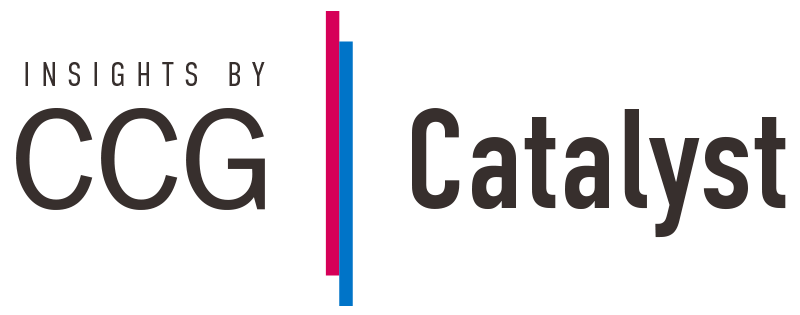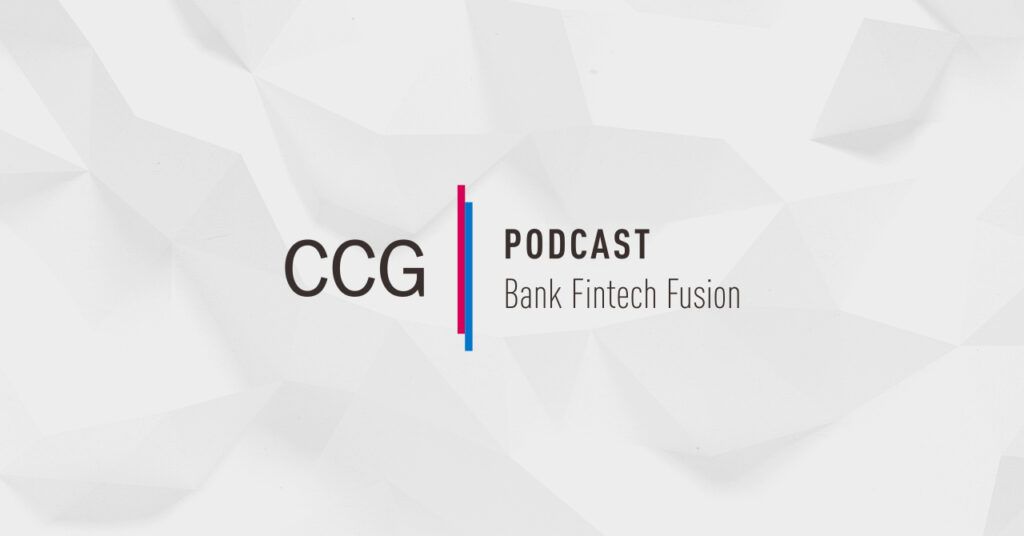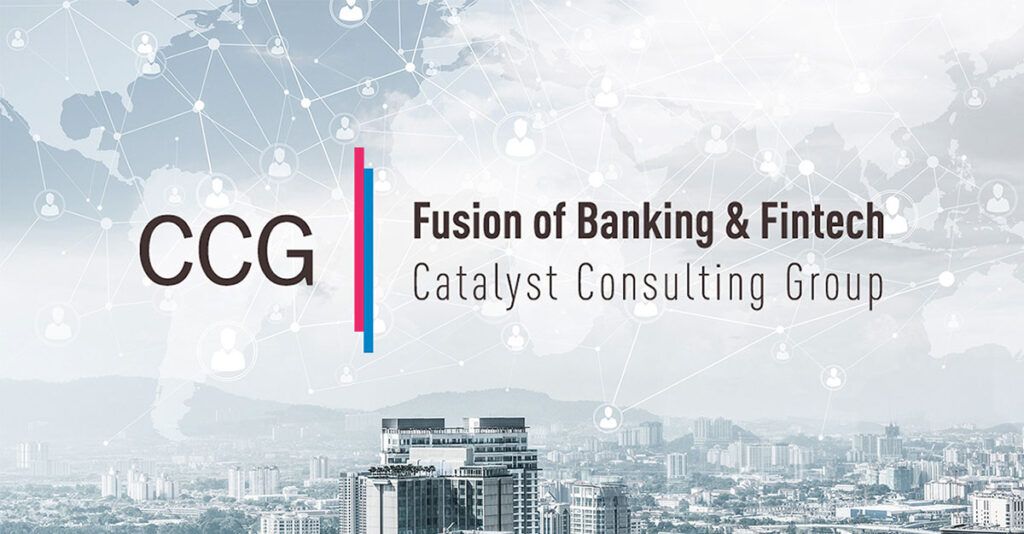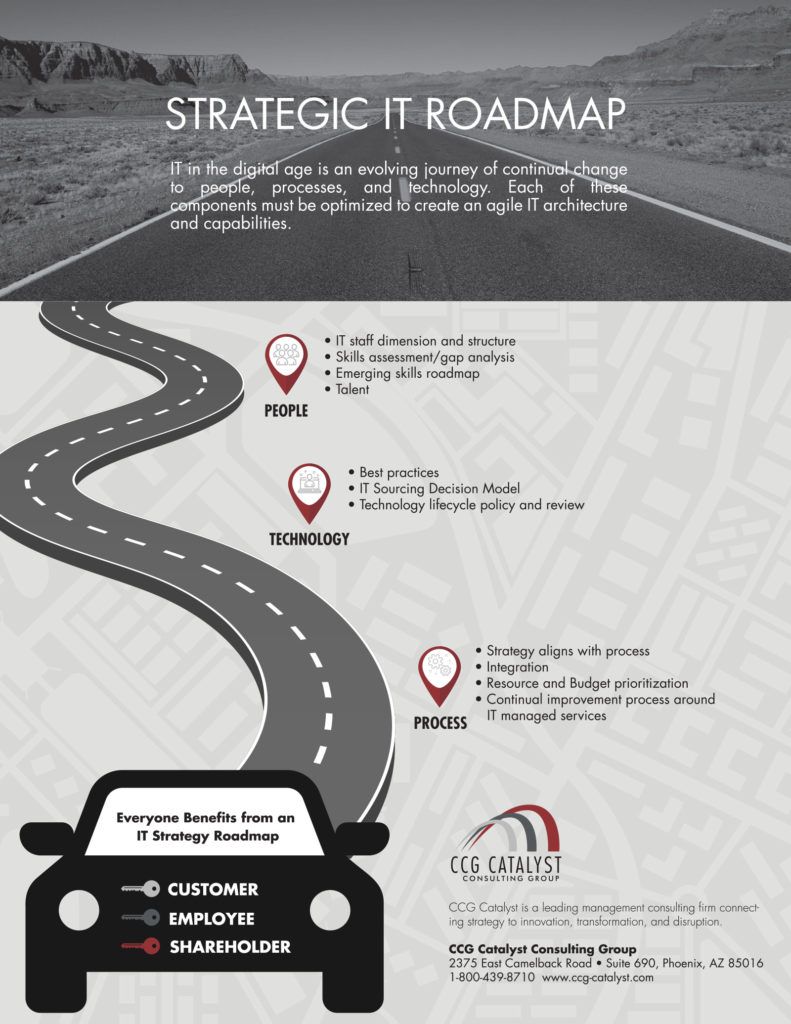Fintechs Approving Mortgage Loans Faster than Traditional Financial Institutions

The report found mortgage lenders only using online applications approve loans faster, see fewer defaults, stimulate additional refinancing and react to request swings better than traditional banking institutions.
The study put fintech lenders at the forefront of this development because they have a complete end-to-end online mortgage application and approval process supported by centralized underwriting operations, rather than the traditional network of local brokers or bricks and mortar branches.
The white paper, a part of the Fed’s wider effort to ascertain how fintechs could transform financial services, defined fintech lenders as offering an application process completed entirely online. “The emergence of several stand-alone fintech firms as major lenders over the last few years is a strong indicator that fundamental change is underway,” the report read. “These firms are at the technological frontier and focus exclusively on the new business model.”
For example, Rocket Mortgage from Quicken Loans, introduced in 2015, provides a tool to electronically collect documentation about borrower’s income, assets and credit history, allowing the lender to make approval decisions based on an online application in as little as eight minutes. “In the aftermath of the 2008 financial crisis, fintech lenders have become an increasingly important source of mortgage credit to U.S. households,” the report maintained.
“Fintech lenders process mortgages more quickly without increasing loan risk, respond more elastically to demand shocks and increase the propensity to refinance, especially among borrowers that are likely to benefit from it,” the report read. “We find, however, little evidence that fintech lending is more effective at allocating credit to otherwise constrained borrowers.”
As of December 2016, fintech lenders are all standalone mortgage originators that primarily securitize mortgages and operate without deposit financing or a branch network. Their lending has grown annually by 30% from $34 billion of total originations in 2010 (2% of market) to $161 billion in 2016 (8% of market). The report noted particularly pronounced growth for Federal Housing Administration insured refinances and mortgages, a market segment primarily serving lower income borrowers.
The New York Fed reviewed data on mortgages issued between 2010 and 2016. Fintech lending has grown annually by 30 percent from $34 billion to $161 billion, 8 percent of the market, in that time, it reported. Much of that growth is in refinances and loans for low-income Americans insured by the FHA.
The New York Fed studied FHA-insured mortgages, the chanciest portion of the marketplace, to measure how fintechs and banks compare in default rates. It discovered fintech mortgages defaulted at a 25 percent lower rate than those from traditional lenders.
The New York Fed study suggested mortgage lending is arguably the market in which technology has had the largest economic impact thus far, but other loan markets may undergo similar transformations in the future. “Our analysis identifies several frictions in U.S. mortgage markets and examines whether fintech lending alleviates them. We start by examining the effect of fintech lending on loan outcomes.”
The paper’s main premise is that the fintech lending model represents a technological innovation that reduces frictions in mortgage lending, such as lengthy loan processing, capacity constraints, inefficient refinancing, and limited access to finance by some borrowers. The alternative suggestion is that fintech lending is not special on these dimensions and that fintech lenders offer services that are similar to traditional lenders in terms of processing times and scalability.
—-
Subscribe to CCG Insights.







